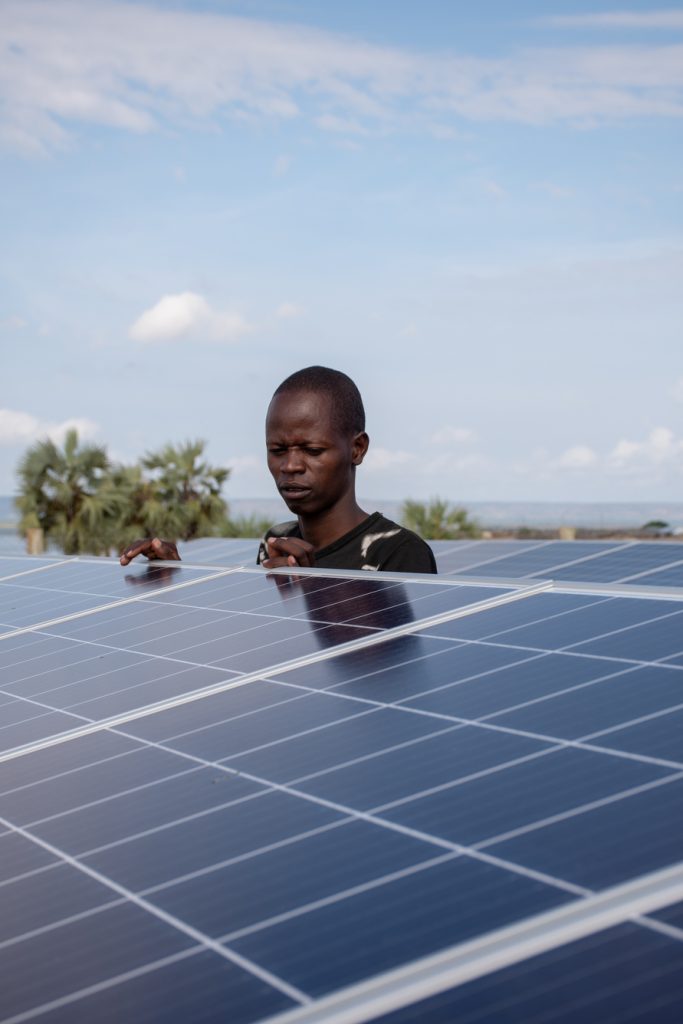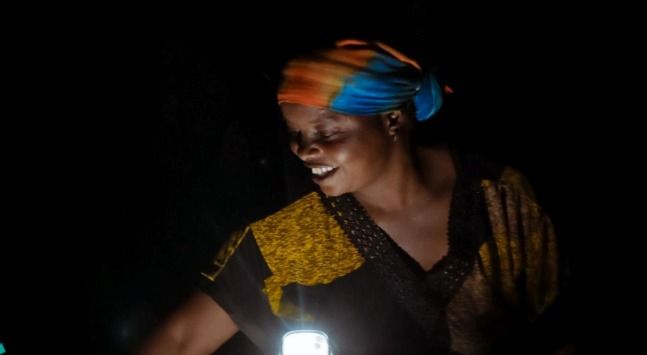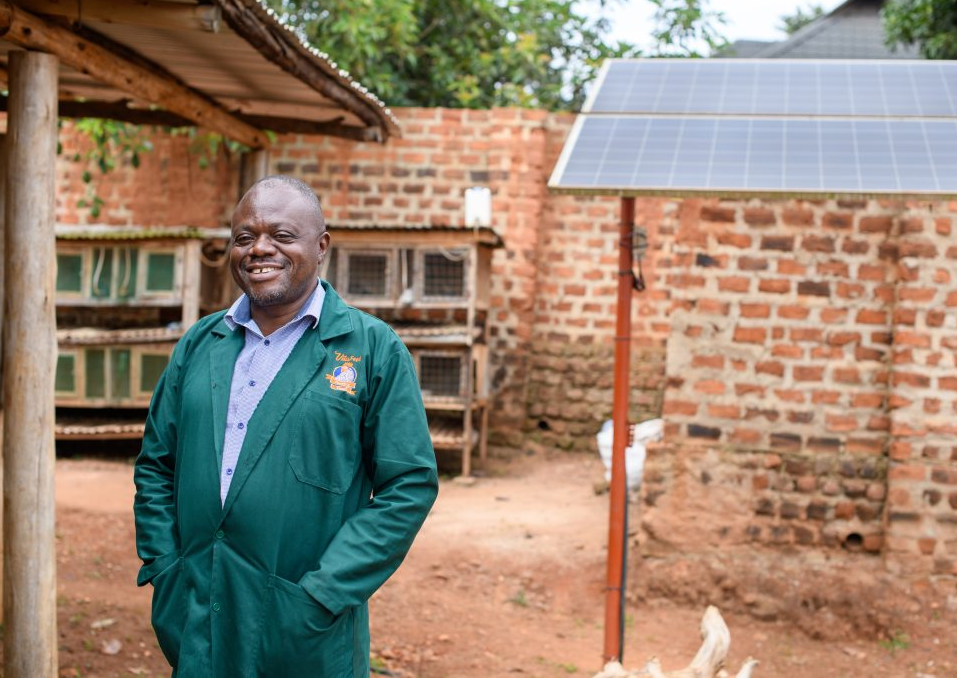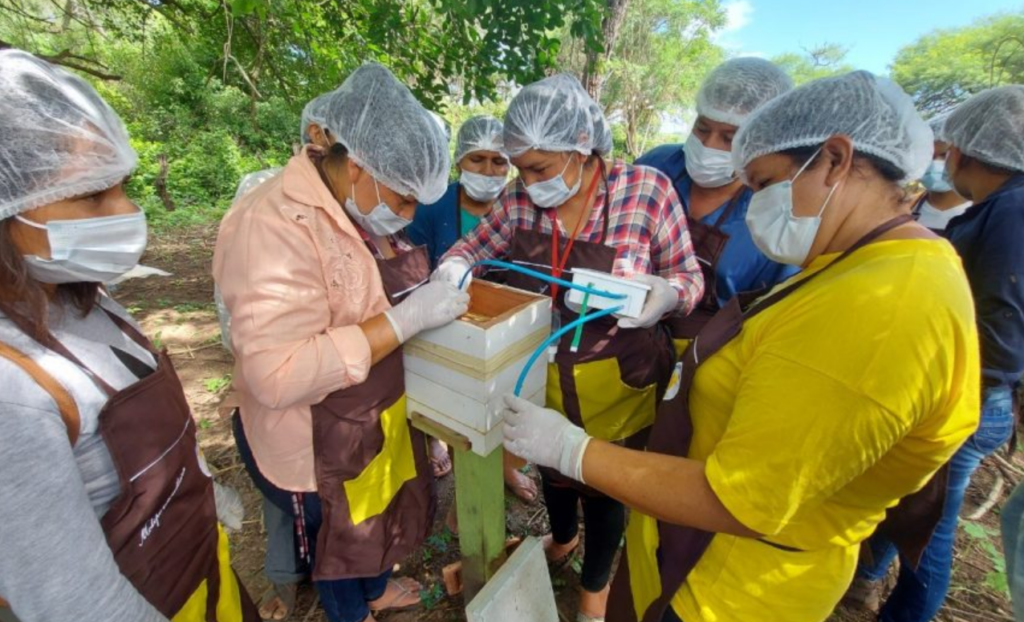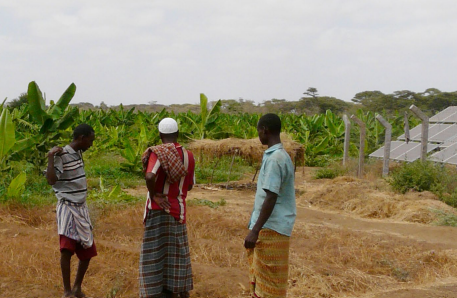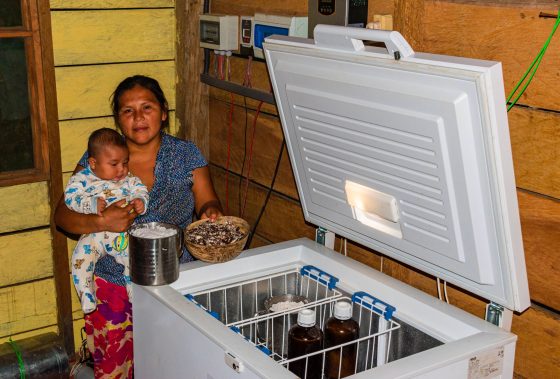Energising Opportunities through PUE
Without access to modern energy, economic development is massively hindered, as is poverty alleviation. Thus – while being committed towards leaving no one behind – EnDev targets the local private sector by providing energy for productive uses. Productive uses of energy are those that increase the profitability of micro, small and medium-sized enterprises (MSMEs) through increased income and productivity.
For example, if a seamstress adopts an electric sewing machine or a farmer can make use of milk cooling tanks, they can dramatically increase production and improve their incomes. These small entrepreneurs may then use the higher income to employ others – or to improve their family’s health and educational opportunities.
EnDev’s Ambition Level
EnDev seeks to unleash economic opportunities by creating and strengthening markets for renewable energy, in particular for the poor, ensuring no one is left behind. Energy markets cannot be sustainable without increased economic uses of the energy services. EnDev is therefore taking an active role in seeking ways to support PUE across its portfolio, using a variety of approaches and tools, and in partnership with other relevant development actors. Particularly in poor and rural communities, as well as in displacement settings, support for productive use of energy is key to sustainable services and improved livelihoods associated with energy access. In its activities, EnDev especially considers women’s entrepreneurship as a driver of change, as productive uses increase income and contribute to self-empowerment (> Gender and EnDev).
Through promotion of PUE, EnDev further seeks to:
- strengthen rural economic activity
- increase small and medium sized enterprises’ productivity
- increase job creation
- mobilise increased resources for economic and social development
Overall, EnDev’s impact on economic development is therefore directly linked to SDG 8 “Promote inclusive and sustainable economic growth and employment”.
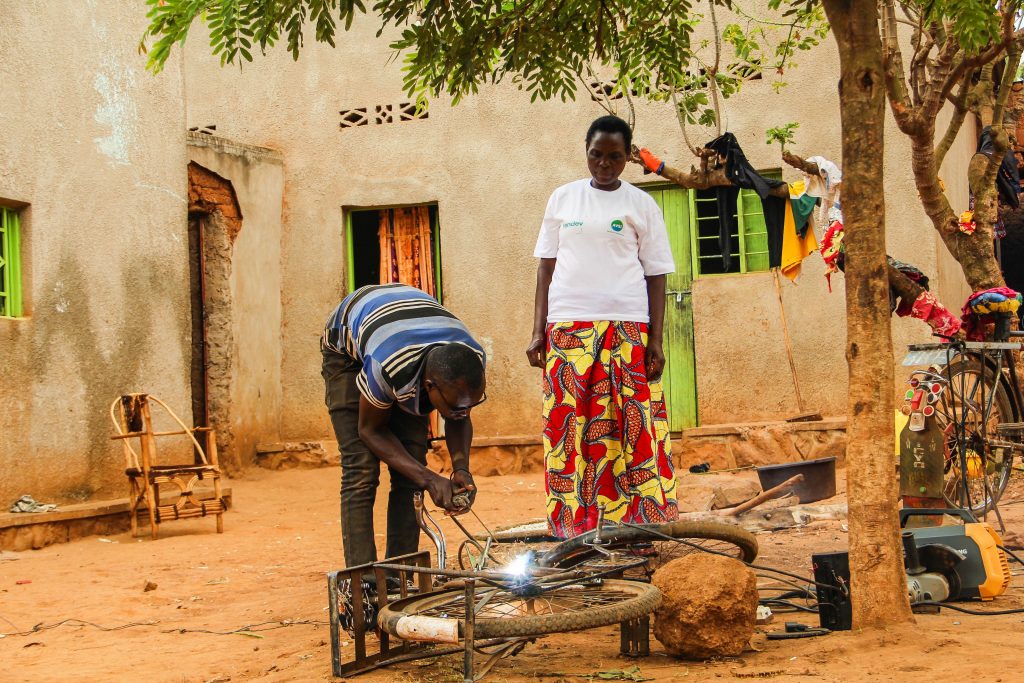
Relevance
Energy access projects with a PUE component are more likely to achieve economic sustainability due to distinct reasons:
- Sustainability of service: Reliable payments for the provision of energy are crucial to ensure that related business models – such as those of mini-grid operators or PAYG companies – are viable. In that regard, enterprises generating profits through productive use of electricity have a higher ability to pay for energy services than private households who use electricity for purely consumptive purposes. This increases the economic sustainability of energy provision to rural communities.
- Credit-worthiness: Obtaining financing for rural energy infrastructure may be easier if (rural) banks/microfinance institutions see economic activity being spurred and generating revenues.
- Moving to higher tier access: Income generating activities improve the local community’s ability to pay. As businesses grow, this economic development can make ‘climbing the energy ladder’ possible. That means an increasing number of households, or an entire group, can afford higher tier energy technologies and services, i.e. better lighting and more electric appliances – which increases well-being and opportunity.
A Spotlight on Farmers: Sustainable Energy for Smallholder Farmers (SEFFA) in Ethiopia, Kenya and Uganda
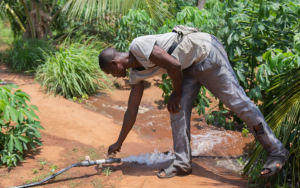
Increasing productivity and value-addition can be one of the most relevant means to improve smallholder farmers livelihoods and increase their resilience to climate change impacts. At the same time, using renewable energy technologies contributes to emissions reduction. With support from the IKEA Foundation, EnDev’s SEFFA Innovation Fund with a budget of EUR 8 million promoted productive use of renewable energy projects in Ethiopia, Kenya and Uganda from 2021-2024 with a special focus on women and youth.

